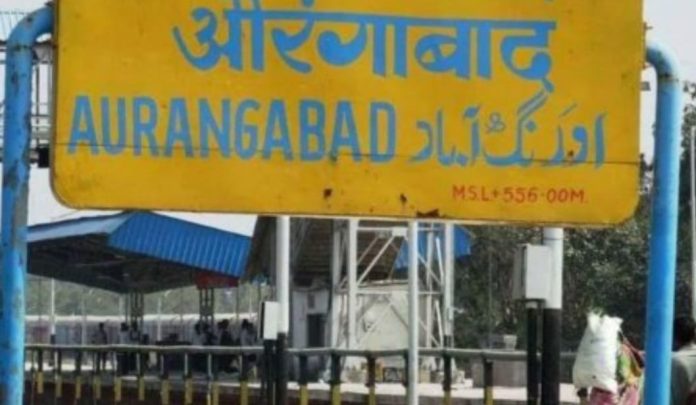4 August 2024: The Supreme Court on Friday upheld the Bombay High Court’s decision to dismiss petitions challenging the Maharashtra government’s renaming of the historic cities of Aurangabad and Osmanabad. This ruling concludes a contentious debate that has drawn significant political and public interest, reported the ANI.
Aurangabad, located in the Marathwada region, and Osmanabad have long been focal points in political discussions. Pro-Hindu political parties and organizations have advocated for renaming Aurangabad to Chhatrapati Sambhaji Nagar and Osmanabad to Dharashiv.
The Maharashtra government issued a notification for the name changes, which was challenged in court. Petitioners argued that the renaming was politically motivated and did not reflect the residents’ will, seeking to overturn the government’s decision.
A bench comprising Justices Rishikesh Roy and SVN Bhatti heard the case. The petitioners contended that the renaming process was flawed and did not adhere to legal and administrative procedures, and that the changes could erase significant parts of the cities’ histories.
The Supreme Court, however, dismissed these petitions. The bench affirmed that the state government had followed due procedure before implementing the name changes. Justice Rishikesh Roy noted, “There will be differences of opinion among different people; some will agree with the change of names of cities while others will disagree.” The court emphasized that the notification was valid and the process lawful.
In its May ruling, the Bombay High Court had dismissed the petitions, using a reference from Shakespeare’s “Romeo and Juliet” to illustrate that the essence and identity of the cities remain unchanged despite their new names.
The Supreme Court’s decision has elicited varied reactions. Proponents of the name changes, particularly from Hindu organizations and allied political parties, have hailed the ruling as a victory for cultural recognition and historical rectification. They argue that the new names honor the legacy of Chhatrapati Sambhaji Maharaj and Dharashiv’s historical significance.
Opponents, including some residents and cultural historians, have expressed disappointment, viewing the name changes as historical revisionism that neglects the cities’ multifaceted pasts. Critics also fear that such changes might set a precedent for politically motivated renaming of other places, potentially leading to cultural and communal discord.
Aurangabad, named after the Mughal emperor Aurangzeb, is known for its UNESCO World Heritage sites like the Ajanta and Ellora Caves. Osmanabad, named after the last Nizam of Hyderabad, references an ancient name that proponents claim better reflects the region’s historical roots.
The Supreme Court’s ruling underscores the complexity and sensitivity involved in renaming historical places. While the decision legally validates the state government’s actions, the broader cultural and political implications will continue to be debated, highlighting the balance between preserving historical legacies and recognizing contemporary cultural identities.




